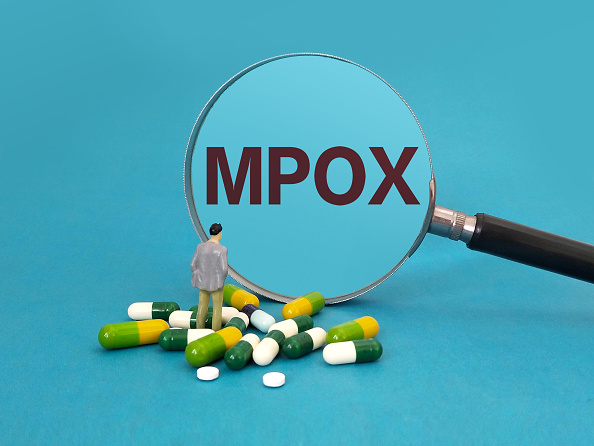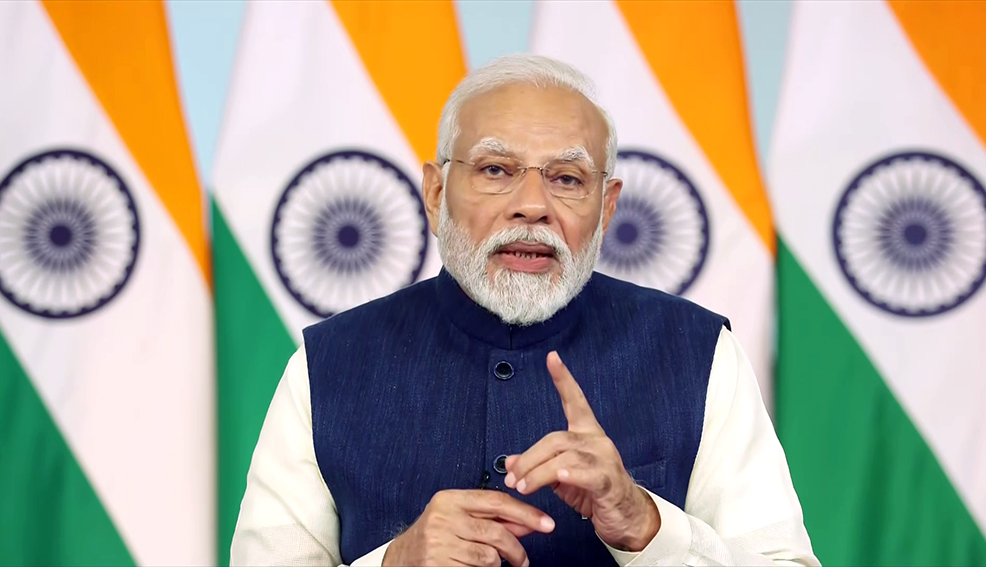Prime Minister Narendra Modi has intensified the oversight of India’s Mpox preparedness following the World Health Organization’s (WHO) recent declaration of the disease as a Public Health Emergency of International Concern (PHEIC). The WHO renewed its global health alert on August 14, citing the escalating spread of Mpox, particularly in Africa, where the Democratic Republic of Congo has seen a sharp rise in cases.
Since 2022, the virus has affected more than 99,000 people worldwide, resulting in 208 deaths. This year alone, over 15,600 cases and 537 deaths have been reported. India has recorded 30 Mpox cases since 2022, with the most recent case detected in March 2024.
In response to the global situation, Prime Minister Modi directed Dr. P.K. Mishra, Principal Secretary to the Prime Minister, to convene a high-level meeting to evaluate the nation’s current preparedness and public health response. The meeting was attended by key officials, including Dr. V.K. Paul, Member of NITI Aayog, Shri Apurva Chandra, Secretary of Health and Family Welfare, and other senior government representatives.
During the meeting, officials confirmed that there are currently no active Mpox cases in India and assessed that the risk of a widespread outbreak remains low. Nevertheless, the government is taking no chances. The Health Secretary outlined a series of recent preventive measures aimed at bolstering the country’s readiness. These steps include a meeting of experts convened by the National Centre for Disease Control (NCDC) on August 12, to assess the potential risk of Mpox in India, updates to the Communicable Disease Alert on Mpox, and the sensitization of health teams at international airports and ports of entry.
In addition, the Director General of Health Services (DGHS) held a video conference earlier today with over 200 participants, including state health authorities and the Integrated Disease Surveillance Programme (IDSP) units. The conference focused on raising awareness and reinforcing surveillance measures across the country.
Dr. Mishra stressed the need for heightened surveillance and the prompt detection of any Mpox cases. He also called for the expansion of the network of testing laboratories to ensure swift diagnosis, noting that 32 labs are currently equipped to test for Mpox. Furthermore, he underscored the importance of disseminating prevention and treatment protocols widely and launching an awareness campaign to help healthcare providers quickly identify and report the disease.




















